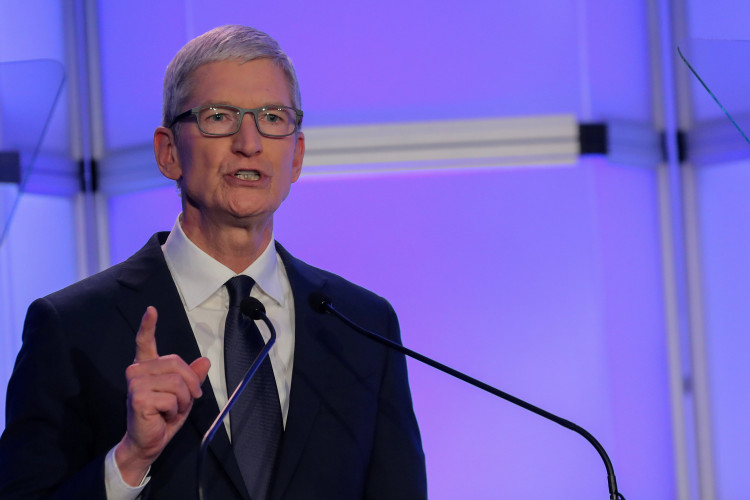Apple said it filed an appeal to reverse a Chinese court's decision to ban iPhone sales in the country which according to Daniel Ives, an analyst at Wedbush Securities, accounted for about 10 percent to 15 percent sales.
In a statement, Apple said Qualcomm's step to prohibit sales of the iPhones in the country is its "desperate" move to counter investigations against the supplier by regulators in some other countries.
A few analysts, however, believed that nationalism is at play and the move may have to do with the ongoing China-US trade war.
Erick Robinson, a patent lawyer in Beijing and who previously represented Qualcomm, told Reuters that while Chinese laws are generally fair, the people's nationalistic pride is greater and that could be what was at play in the controversy.
Reuters noted that Qualcomm is the primary supplier to China's smartphone companies namely Xiaomi Corp., Oppo, Vivo, and One Plus. On the other hand, Apple is a direct competitor of Huawei Technologies Co Ltd, the country's biggest manufacturer of smartphones.
Qualcomm, however, clarified that its decision to push through with the case had nothing to do with the trade tensions between the United States and China. Indeed, Chinese President Xi Jinping and US President Donald Trump had agreed on a 90-day truce during a working dinner on the sidelines of the G20 summit in Buenos Aires last month.
Nonetheless, Apple will continue to sell Apple iPhones that are not affected. The company argued that Qualcomm's case stood on three patents that have long been used but had only raised the issues at present. The company said it would pursue its own legal case against the chip maker.
Qualcomm filed its case against Apple in 2017, accusing the world's biggest smartphone maker of infringement. Of particular focus of the case are the features used to adjust the size of photos and accessing apps on a touchscreen.
The chip maker said Apple unlawfully used its technology for the iPhone 6S, iPhone 6S Plus, iPhone 7, iPhone 7 Plus, iPhone 8, iPhone 8 Plus and iPhone X.
The injunctions against Apple were laid down by the Fuzhuo Intermediate People's Court.
The iPhone XS, iPhone XS Plus or iPhone XR was not affected by the sales ban. Still, Yiqang Li, a patent lawyer at Faegre Baker Daniels, believed that the injunctions may compel Apple to reach a settlement with Qualcomm. The settlement may include a global partnership between the two tech companies, he said.






